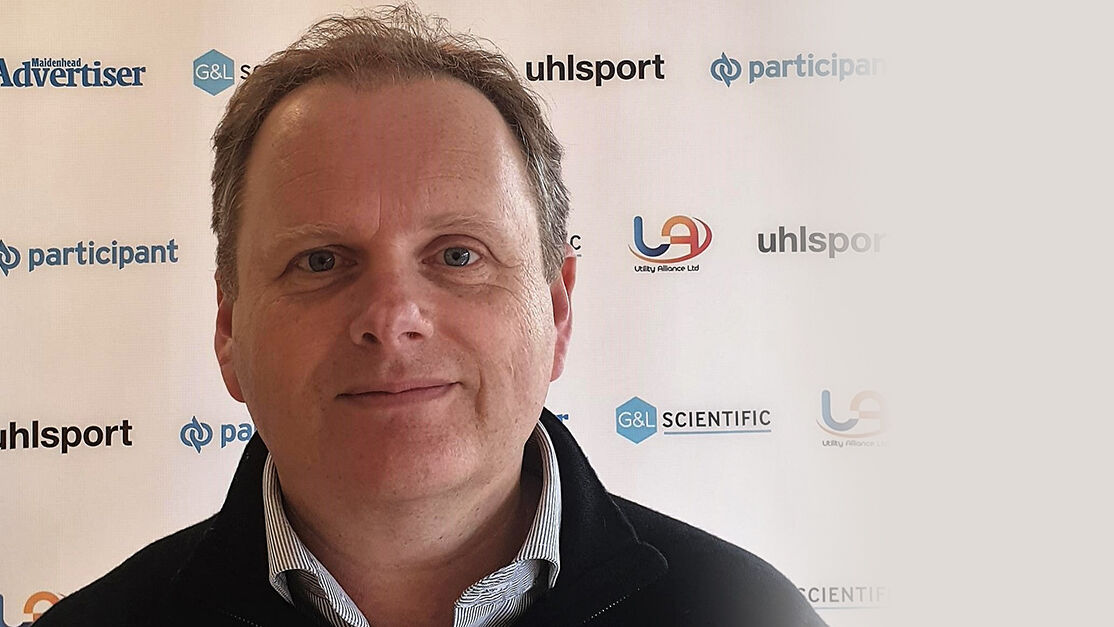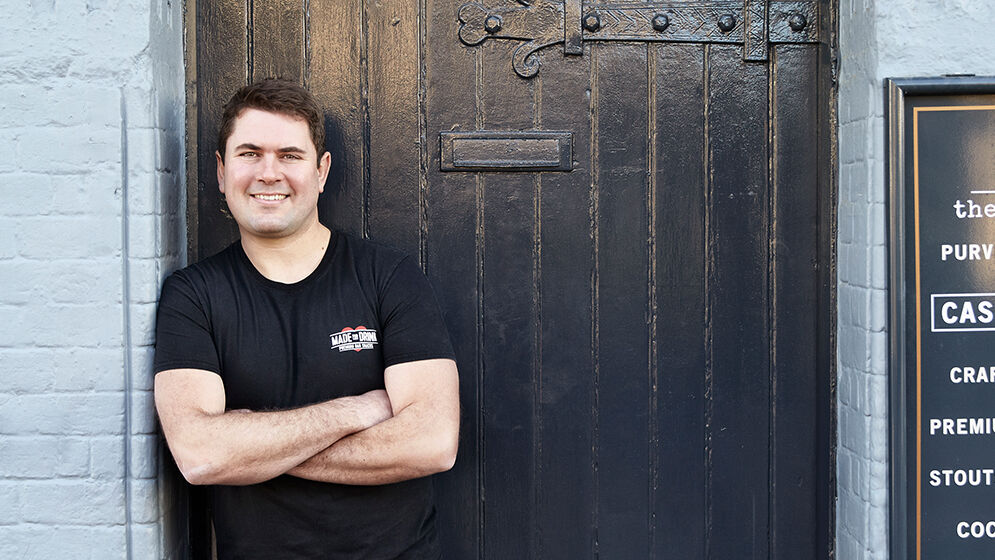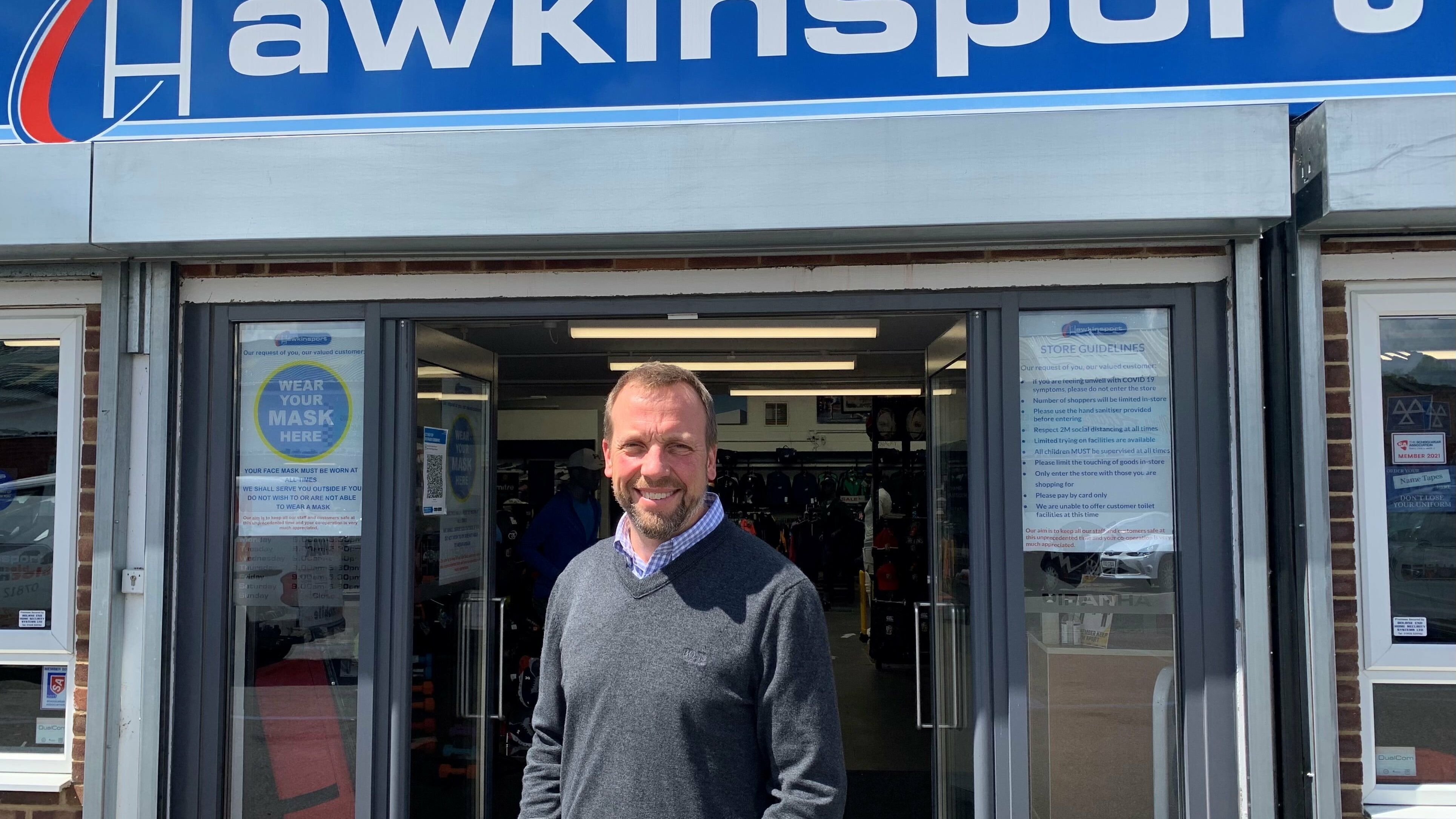
Video – A marathon, not a sprint
Fenchurch Law is one of the UK’s leading teams of insurance dispute specialists. Uniquely, they act only for policyholders and never insurers. Thinking Business caught up with the their founder and managing partner, David Pryce in between 100+ mile runs about business culture, technology and a little bit of insurance advice!!
1. In your opinion, what are the biggest issues facing the insurance sector over the next decade?
The most important thing for the insurance market to grapple with over the next 10 years is trying to demonstrate that there is fair process so that if an insurance claim is turned down properly then the policyholder understands that it’s been turned down properly and if there is a genuine dispute between the insurer and the policyholder about whether an insurance claim should be paid, it’s dealt with in a way that it satisfies the policyholder there has been fair process. Now that doesn’t necessarily mean that all claims are going to be paid and it certainly doesn’t mean that unmeritorious claims are going to be paid, but it does mean that there needs to be some transparency. There needs to be a high level of client care in how insurers deal with policyholders’ claims.
2. You took a bold decision to be one of few firms doing what you are doing, in representing policyholders only. Was this a tough decision and did you face many barriers?
The insurance market in many parts of the market is actually very good, in my view, at how it deals with insurance claims, how it treats policyholders – but that’s not universal and we still do see too many instances of insurers taking the view that they are the final arbiter of whether an insurance claim should be paid and not understanding that actually it’s something that is a live discussion between policyholder and insurer and if they can’t reach agreement between themselves then an independent third party gets involved whether it’s a court, whether it’s an arbitrator and that’s really important to us.
3. How important is it to develop the culture in your business to reflect your values and what initiatives have you undertaken?
Netflix’s approach to culture is probably best known for the headline-grabbing fact that they don’t have any office hours, they don’t have any holiday allocations, they don’t have any dress code – effectively they judge people based on what they do rather than on ticking particular boxes and that fascinated me when I heard about it.
When I looked at whether we could apply that culture to our business in 2014 what was obvious to me is that it would have been appropriate for some people who were in the business at the time but not for others. It made me question why it wouldn’t be appropriate for those other people and what I realised pretty quickly is because actually those other people weren’t a good fit for our business long term, so for us it’s been a great barometer over the past few years and it’s allowed us to, in my view, attract and retain some really outstanding people and it’s allowed us to identify some people that weren’t quite right for us. That doesn’t mean that those people were no good – it just means that they weren’t a good fit for us and so the people that have left our business over the past couple of years I’m sure are much happier elsewhere.
4. How has technology played a part in the development of your business and how will it in the future?
If you were able to automate all the processes to do with buying a house and it became generally recognised that all those processes were more effectively done by technology which is 99.9% unlikely to make a mistake as opposed to a human who’s going to make a mistake maybe one in ten times, I would say “yes” I’d absolutely trust the technology in that situation. It’s not that I think humans have got a fundamental distrust of technology per se but I think on emotive issues where you’re going to be having an emotional response to the decision, you want someone who understands emotion to be involved in making that decision. I think that’s probably the distinction between dispute resolution and other areas of professional service where I would trust the technology.
5. If you could impart one piece of advice to commercial insurance policyholders, what would it be?
Keep really close to your insurance brokers because they are going to be your best friend if you have any kind of issues with your insurer and that may mean the insurer not paying a claim or it may just mean service level issues – all those kind of things. The insurer is going to pay much more attention to what the broker says because the broker is going to be more important from a commercial point of view than you are to the insurer. We see clients every now and again changing broker for the sake of saving a few pounds and for us that doesn’t make any sense at all. Maintaining a strong relationship with your broker over a long period of time is absolutely essential.
The second bit of advice I would give is actually almost exactly the same – which is don’t change your insurer regularly. Unless you’ve got a very good reason to change your insurer, don’t do so. Stick with your insurer, build their trust, build a relationship with them. Also what a lot of policyholders don’t appreciate is that when you change insurer you’ve got potentially two slightly different policy wordings and you can get claims that get caught between the two or you can get situations where it’s not entirely clear which policy should be responding. Then you get one insurer saying it’s the other one that should be paying and that insurer says this one should be paying and then you’ve potentially got an expensive dispute with both of them. If you can stay with your insurer then that’s by far the best thing to do and again for the sake of a few pounds that should never be the justification for moving insurer.
Guide to selling your business
Your simple guide to helping you maximise the value in your business.





